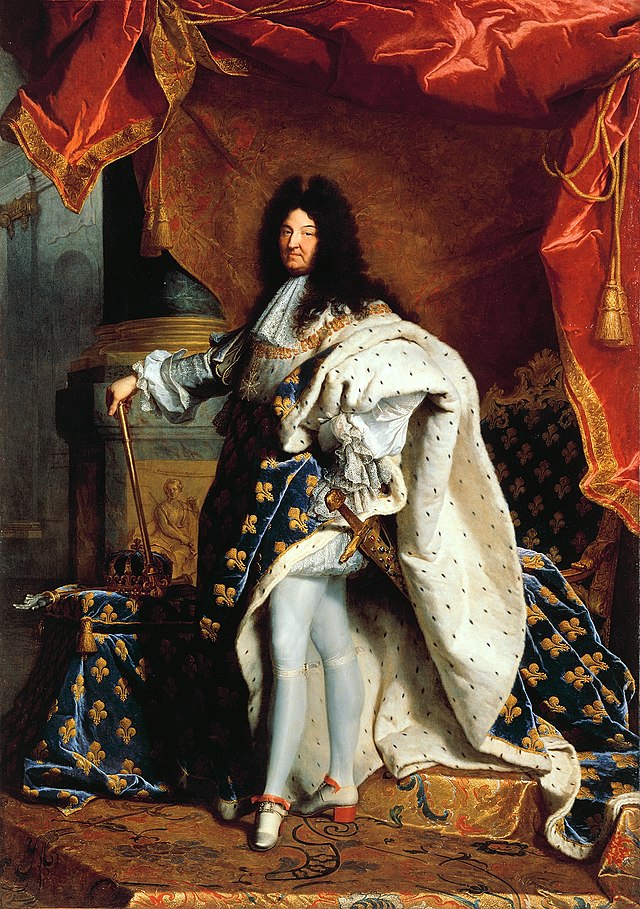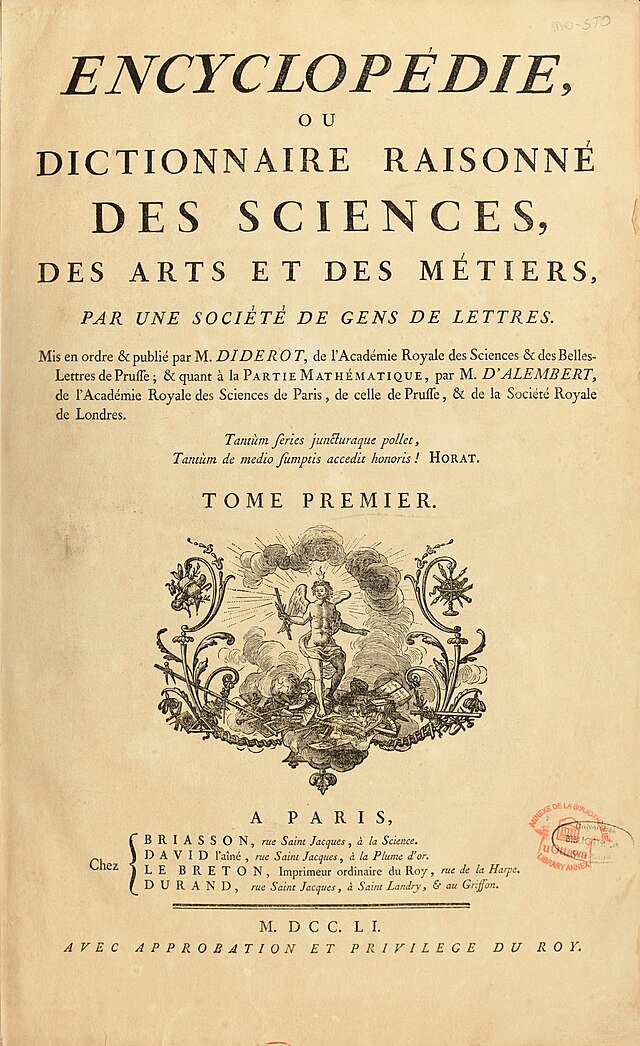One of the benefits of working in crime fiction is that you get to meet a variety of true "characters". Most of them are terrific people, generous with their time and free with their advice. None more so than critically acclaimed author and writing guru David Corbett.
David has graciously agreed to sit for an interview about both his newest book and his career in general, beginning with his work as a private investigator. First a bit more about David:
David Corbett is a recovering Catholic, ex-PI and onetime bar band gypsy who’s written five novels, numerous stories, multiple scripts, and far too many poems. One novel was a New York Times Notable Book, another an Edgar Nominee. The latest,
The Mercy of the Night, was published in April, 2015. Two of his stories have been selected for Best American Mystery Stories and his book on craft,
The Art of Character, has been called, “A writer’s bible.” He lives with his adorable wife and insane dog in Vallejo, California, which really, truly isn’t the hellhole it’s cracked up to be. You can learn more at:
www.davidcorbett.com
And now to the interview:
David, you're an experienced private investigator. Did you get into that line of work with an eye toward one day using it to inform your work in crime fiction, or were the two career choices made relatively independently?
I’ve often said I’m not a PI who became a writer, but a writer who became a PI. Actually, it’s a bit more involved than that.
In my late twenties I was studying acting and writing short stories, with about the same success in both fields: getting some nice attention, but nothing to crow about. I was realizing I needed to pick a lane, and went back and forth as to whether I should pursue writing or acting.
As it turned out, two of my friends in acting school were working for Palladino & Sutherland, a high-profile husband/wife PI firm that was beginning to attract attention because of its work on two Hells Angels cases and the DeLorean case, among other matters. (They also got a lot of press because they were the real-world equivalents of
McMillan & Wife, a popular PI TV series during the mid-seventies.) My friends – who were working as a stringer and a receptionist, respectively – suggested that, if I wanted to write, I try to get a job at the firm. “You can’t beat this place for material.” This proved, as you can imagine, an understatement.
It took me nine months to land the job, and one of the reasons they ultimately hired me was because I was the most persistent applicant they’d ever had. I realized my work for the firm would be my “years at sea,” giving me the experience and worldview that would inform all of my writing. I didn’t specifically foresee a career as a crime writer, and I’ve always considered myself more concerned with character than crime per se, but the justice system and its inhabitants – both domesticated and otherwise – have provided me with my subject matter ever since.
How does your experience as a PI inform your work as in fiction?
Beyond the obvious element of subject matter, I learned several things that continue to serve me well.
First, since we often worked criminal defense I gained an intimate knowledge of the types of people who are accused of crimes – not just them, but their families, their friends, their classmates, their pet-sitters, their gardeners, etc. This helped me move beyond the usual “bad guy” clichés and see the people we call criminals as fully realized human beings.
Expanding that observation, I saw firsthand how everything in the justice system isn’t the result of abstract rules and ironclad principles: “the law.” It’s driven by people pursuing their self-interest and trying to serve the interest of their principles: their clients or the public.
Second, I worked with a lot of very tough, very smart lawyers, and I learned what it means to fight for someone’s freedom, livelihood – even his life in death penalty cases. This isn’t hypothetical to me. I’ve lived it, and that responsibility shaped me both as a writer and a person.
I also gained a profound appreciation for the criminal defense bar. I’ve remarked elsewhere that, contrary to popular opinion, many of the criminal defense lawyers I’ve known are some of the most decent, honest, committed men and women I’ve ever known. It’s a shame they’re almost always portrayed as scumbags and weaklings in film and TV. I’m hoping, with the new series, to rectify some of that. (I love Mike Connelly’s Mickey Haller series for this same reason.)
So tell us about the new series, and about your new protagonist, Phelan Tierney. Where did the idea for the series come from, and what was Phelan’s genesis like?
Wow. Well, that’s a lot of ground to cover, but I’ll try to be brief.
Despite my background, I had no interest whatsoever in writing a PI novel until recently. From what I could tell, readers expected their PI protagonists to be something akin to the plains gunmen in an urban setting, and that was as far from my own experience as imaginable.
For the most part – the part that would best lend itself to a crime novel – I was a cog in the justice system, a “people’s pig” who tracked down witnesses, debunked prosecution theories, and sifted through evidence on behalf of criminal defendants. And it became pretty clear in my reading through the genre (and listening to agents, editors, and readers) that when it came to crime no one much cared to hear from the defense table.
But then in conversations with Charlie Huston and Michael Koryta, I began to reconsider my anti-PI-novel agenda.
When I told Charlie my job hadn’t been that dramatic, he asked me to describe an average day. I said I was the guy who had to go the door of the family of a murder victim and try to find someone in the house who didn’t want the killer – my client – executed. Charlie replied simply, “I think that’s interesting. You should write about that.”
Michael, a former PI himself, thought I was turning my back on a goldmine of material. When I told him the rough idea I had for the next book (which would ultimately become
The Mercy of the Night), he expressed genuine enthusiasm for the idea.
Also, by this time I’d read more in the genre and realized I’d given short-shrift to the suspense inherent in a good investigation – finding the truth is a tricky business, regardless which side you’re tracking – and I trusted my own instincts as a writer a bit more. I felt, at least, up to the task of trying.
But my first attempt at writing a PI faltered because I didn’t take the time I usually do with a character to flesh out the unique details of his life. I just assumed I knew the guy, which turned out to be a mistake. He came out flat on the page, and I realized I had to go back and start over, make my hero someone I recognized but didn’t fully understand, so I would have to discover him.
 |
| "You come at the king..." |
And so I conjured Phelan Tierney – the oddity of the name alone made me wonder about him.
I made him a lawyer, not a PI, which also required me to raise my game. I’ve known a number of lawyers who’ve traded their bar card for a PI license, and most of them have done so for the simple reason they preferred interacting with people to shuffling paper.
But my own experience with lawyers (including my marriage to one) also made me aware of the distinct habits of mind they acquire. The best combine a bare-knuckle pragmatism with a capacity for abstraction that an algebraist would envy. That too engaged me in a way my bland cipher of a PI hadn’t, and it helped me avoid some of the classic tough-guy clichés that afflict too much PI fiction.
I also wanted to make him more of a helper and healer than a hunter or a fighter, though he can handle himself (he’s a former high-school and college wrestler). I just had an idea of him as a man who, after failing in a brief stint as a prosecutor (he “lacked a killer instinct when it came to putting poor people in jail”), then spending twenty years as a hotshot litigator specializing in construction defects, he wants to do something nobler with his life.
He’s a widower, and has had to put his life back together after some serious wreckage related to his wife’s death. He’s financially set, so he decides to walk away from being a hired gun. He wants to care for the wounded.
He carves out a unique niche for himself in the justice system. He knows what it takes to help people in trouble, and the unsparing honesty required from all concerned, even himself (especially himself). He has a special devotion to those who hope to turn their lives around, and for those who, for whatever reason, find they’ve become invisible, or voiceless.
That’s my take on a man who can walk the mean streets who is not himself mean.
Anyone familiar with your work, from The Devil's Redhead to The Mercy of the Night, knows you write about outsiders and underdogs, be they ex-cons, cops, Latino teenagers, or... musicians. What is it about these types of characters that causes you to gravitate toward them?
Damned if I know. Sometimes I think you just come hard-wired with certain themes ingrained in you before you’re even aware of them.
That said, I was the youngest of four brothers, which pretty much sealed the underdog thing. And I was raised in a family where there was a “company line” that I never really bought into. I was also raised Catholic and pretty early on realized that word and deed often resided in parallel universes.
I had to fight my way home sometimes and developed a profound contempt for bullies (and I’ve experienced way too many people in positions of authority who qualify). I also had friends who got targeted by the nuns unfairly (one of those friends had a dad who was connected, which I didn’t know at the time – he was always great to me), and I just seemed to gravitate to “lost dog” stories.
Your novels have garnered all manner of awards/nominations/ critical acclaim, but what many people might not realize is that you're also an accomplished short story writer. (Full disclosure: David's short story "Returning to the Knife," a stream-of-consciousness take on a stabbing, appears in a crime fiction anthology I collected and edited a few years back) You've even published a collection of them. What do you enjoy most about writing shorter pieces? Is there anything different about your preparation/process when "writing short" as opposed to "writing long"?
I think of novels as being about a journey, whereas stories are about an epiphany. Short stories typically revolve around a potentially life-altering moment of awareness: What was I thinking? What have I done? What does this mean? So in staging a story I need to know what’s kept the character from the moment of awareness before, then break down whatever walls have kept him inside that box. The story ends when he sees the way out. In a novel, I’d let him leave, and wander around until he finds where he’s supposed to be headed. Or doesn’t.
A couple of years back you published The Art of Character, "a unique and indispensable toolkit for creating characters that come vividly to life on the page and linger in memory." Now, there are plenty of great writers out there who can no more explain their process upon request than a chicken can do long division, and yet you manage it nicely. That doesn't just "happen." Can you lay out for us some of the challenges in writing a "how-to," as opposed to "just doing it"?
I forget which writer friend it was that I had this conversation with, but after I mentioned I was writing a book on character, he asked why. I said it’s the thing I think I do best. He was dumbfounded. He said you never teach what you do well – because the fact you do it well means it’s probably instinctive. And the fact you do it instinctively means you’ll have a hard time analyzing what others need to do to get it right. And the process of analyzing it will gum up your own intuitive process.
Fortunately this didn’t prove to be the case, though I got his point. A lot of what I do in my character work I learned in acting school, so there was already a process to rely upon. And as I thought more carefully and deeply about the various problems we get into with our characters, I began to recognize what I was doing to solve those problems, even when I wasn’t fully aware of it. So the book in a lot of ways was just the result of my becoming aware of what I was already doing.
Now, like my friend said, that can be dangerous. Best way to fall off a bicycle is to pay too much attention to the pedals. Again, I’ve been fortunate that this isn’t the case. In fact I now look at character much more deliberately, and craft my characters in a more detailed, extensive way, precisely because of my own analysis as I wrote the book. And it’s paying dividends. I’ve had readers tell me that both the characters and the dialogue in The Mercy of the Night are the best I’ve written.
Well, I know a lot of teachers (go figure) and a solid majority of them would fundamentally disagree with the notion expressed by that friend whose identity has receded into the great beyond. Most teachers go with their strengths. I did encounter a guy once, a math teacher, who purposely chose math because he struggled with it in school, and when he did try to get help from his teachers, they were unable to assist him, because they had never struggled with math. The guy was a great teacher. That said, we’ve all struggled at something, and extrapolation from our experiences is something we as writers must practice on a fairly consistent basis. How do you square that with your statement above about your “years at sea.” Obviously there are some things you can’t fake, and so you must take the time and trouble to research/master them. Do you have a hard and fast rule when it comes to what you’ll BS on, and what is too important to leave to invention/extrapolation?
I generally try to avoid rules, because they’re almost always designed to protect you from something you’re scared of. I try to play to my strengths, but if you’re not risking anything in a book the reader will feel it.
I talk to a lot of people (one benefit of having been a PI, I’m not afraid to ask anyone anything) and do a lot of research so I can write with authority even about things I initially know little about. But in the end writing is a lot like a magic act – you’re creating an illusion, and indirection is often required, getting the reader to focus on what you do know so they don’t notice you’re bluffing your way through what you don’t.
With your statement above you’ve proven all over again the old teaching axiom, “If you want to really master a subject, try to teach it.” That’s clearly what you’re doing with THE ART OF CHARACTER. It’s teaching. Any chance we’ll get more from you on this subject? And lastly, what’s next on the drawing board for you?
Anne Perry wants me to write a book on plot, because she liked
The Art of Character so much. She’s an amazing woman, insatiably curious.
Actually, what I’d like is for
The Art of Character to sell well enough we go into a second edition, because there are some sections I’d rework now that I’ve been teaching with the book as a guide.
But the most immediate task at hand is the next Phelan Tierney novel, which I’m currently researching and plotting. Beyond that, I’ll say no more. I never like talking about works in progress, because it tends to take away from the sense of urgency required to get the story down.
And that is a great note on which to wrap things up. Thanks so much for sharing your time and insight with us, David. As always, it's been a real pleasure!
Thanks for having me here, Brian. You’re a mensch.
* * *
If you'd like to read David Corbett's stuff (and I
STRONGLY suggest you do!), why not just click
here and let Amazon do the rest!



.jpg)










































